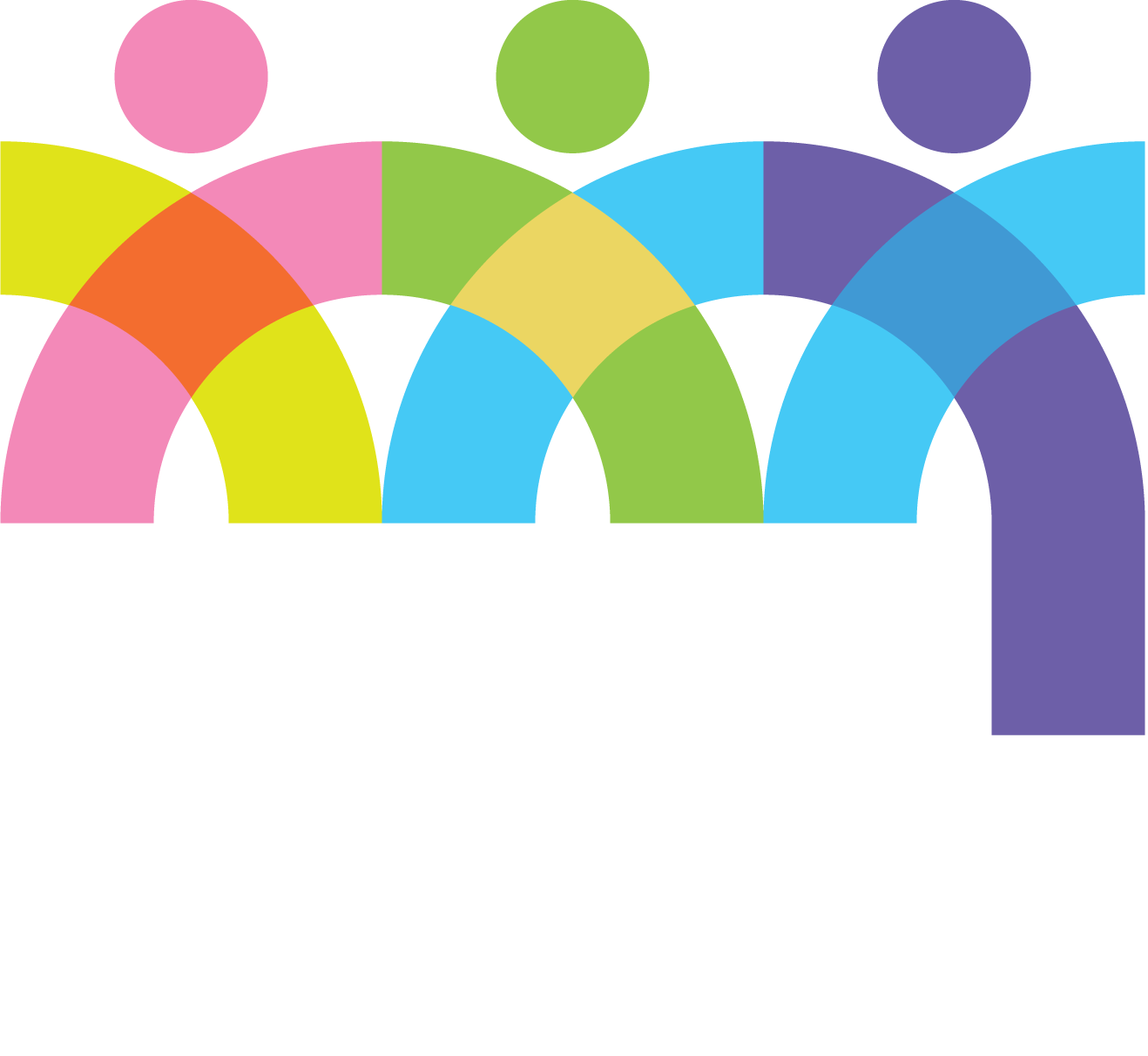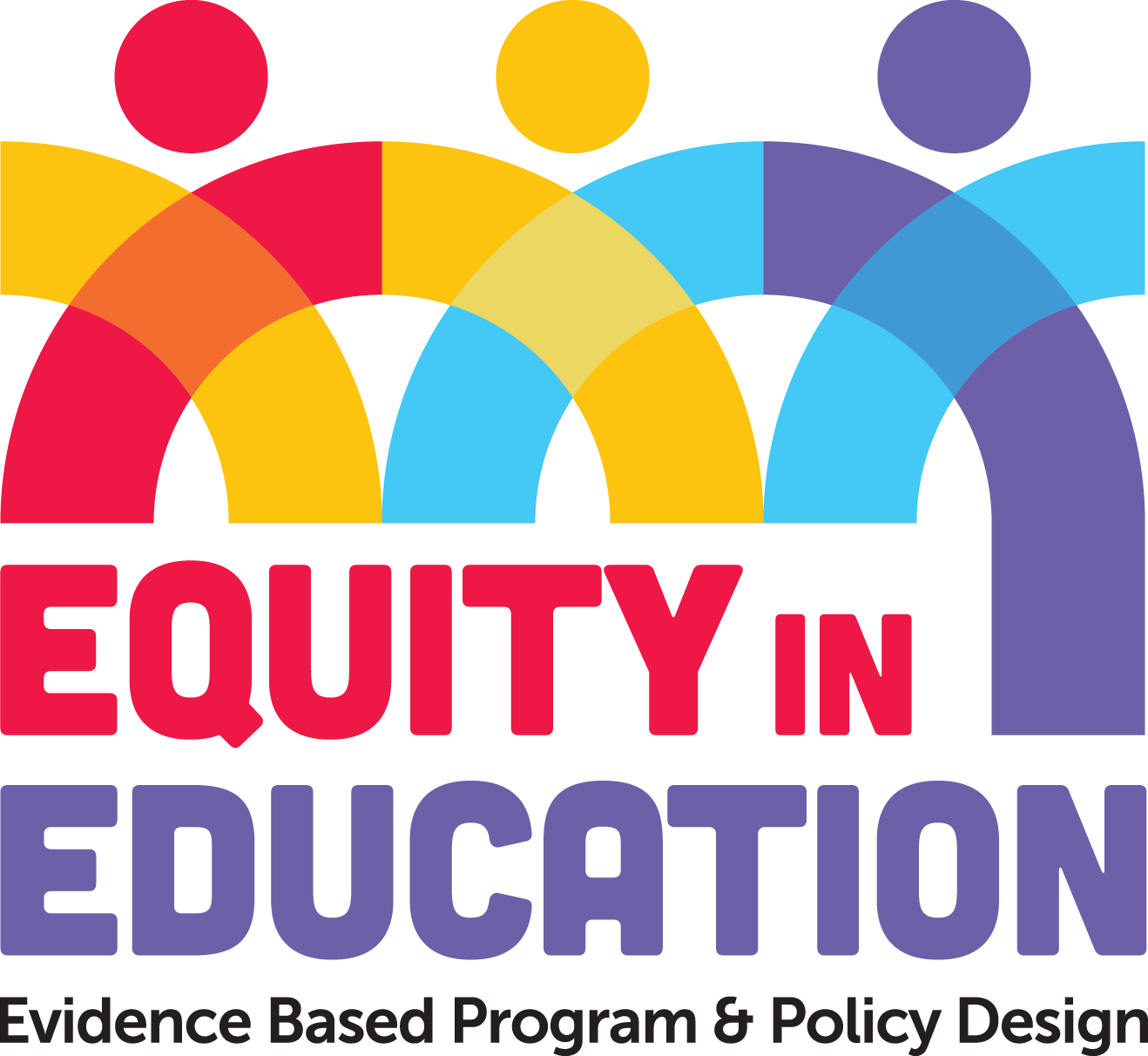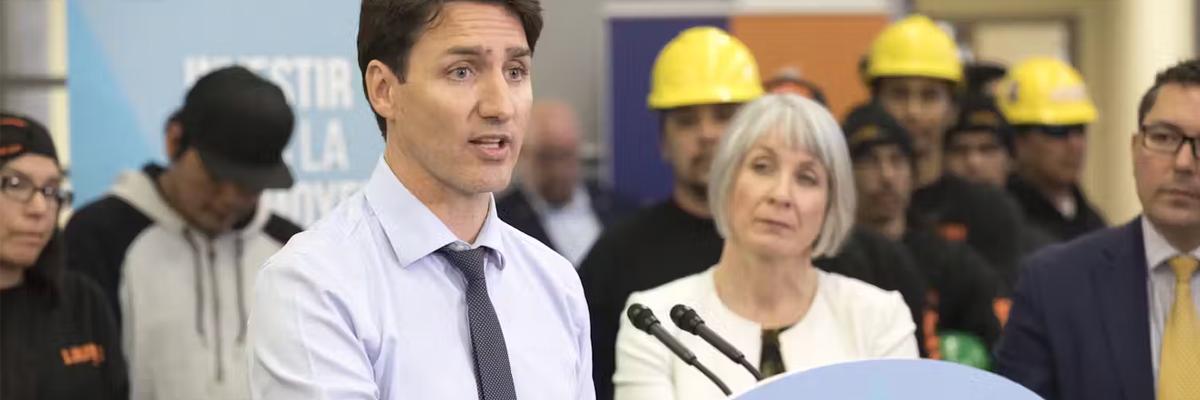Explore:
Inequities in early childhood education and care (ECEC), formal education and youth training.
Test:
Novel solutions to known problems, collaborating with stakeholders.
Create:
Knowledge mobilization tools, including evidence-informed policy.
We draw on multidisciplinary insights from many fields, including economics, applied psychology and human development, and political science. We work with researchers across Canada and abroad to answer questions, develop interventions and mobilize information.
Featured Insight…

Promoting equity in hiring: An evaluation of the HireNext Job Posting Assessment
The language used in job postings can deter applicants and contribute to the employment gap, which refers to high rates of youth unemployment occurring simultaneously with high levels of job vacancies. We tested youth preferences for job postings modified using a free...
Quantitative Analysis and Methods
The book or the bank?
Our latest report breaks down which factor has a greater effect on Canadians’ educational attainment: their parents’ education, or their parents’ income level.
The Income Gradient in College Enrolment and Graduation
Parental income is still the strongest predictor of a students’ likelihood of pursuing higher education. Can policy solutions even the playing field? This report analyzes the most promising interventions.
The Apprenticeship Pathway
Hiring more immigrants may solve Canada’s labour shortage in the skilled trades—while also providing more equitable wages for newcomers.
Intervention Creation and Testing
No Results Found
The page you requested could not be found. Try refining your search, or use the navigation above to locate the post.
Designing Effective Policy Responses
Understanding 21st century skills needed in response to Industry 4.0
International policy agendas are increasingly focusing on the 21st century skills needed by future workers (otherwise called soft skills, digital skills or survival skills). This paper seeks to understand the structure of academic knowledge in this area, through is a bibliometric analysis of 2662 articles published by 6579 authors in the last twenty years.
Who gets to define 21st century skills?
Over the last two decades, consensus around what abilities people need to thrive in the global economy has coalesced around a set of core skills: creativity, collaboration, problem solving, ICT literacy, coding, and so on.
Canada’s skills training programs recommendations
Canada must prepare for the growing need to retrain workers displaced by disruptive technologies. To do so, governments must have a thorough sense of the effectiveness of current employment retraining programs.


Mailing Address
Department of Management
University of Toronto Scarborough
UTSC Instructional Centre
1095 Military Trail
Toronto, ON M1C 1A4







